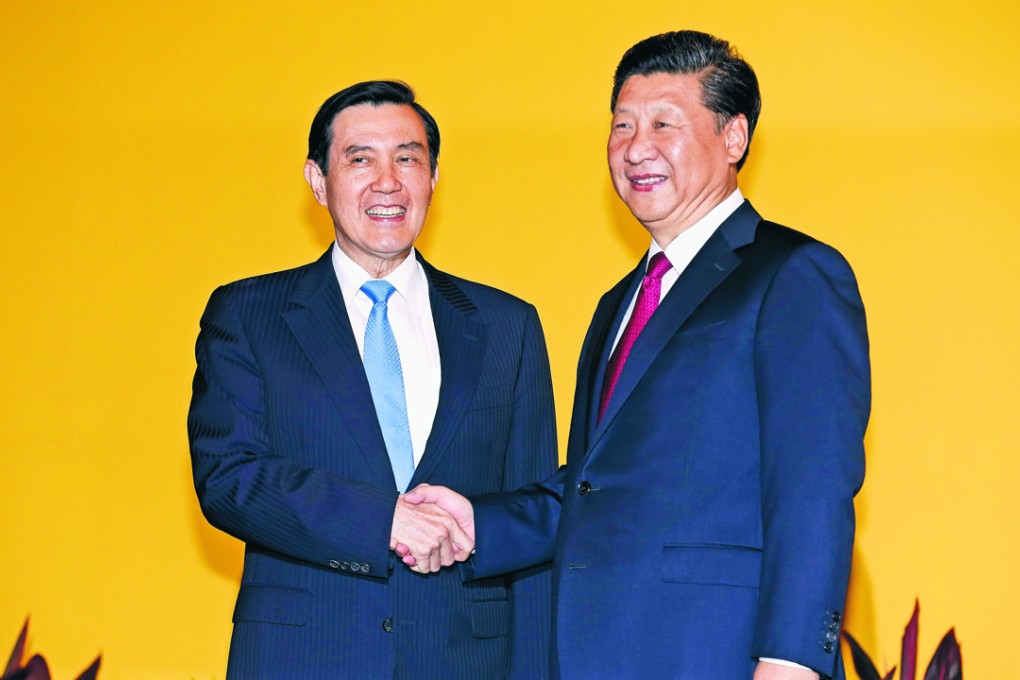Beijing’s deep economic embrace grows stifling
The mainland thought Taiwan would be swayed by a shower of economic gifts, but closer trade ties have aroused suspicion

Since the era of Hu Jintao, the predecessor of President Xi Jinping, Beijing has adopted a strategy of drawing Taiwan closer economically, in the hope such ties would eventually bring the island closer politically.
Efforts to advance economic relations took off after Beijing-friendly Ma Ying-jeou came to office in 2008. Amid warming relations, 23 deals were sealed, hundreds of mainland investments were made in Taiwan, and millions of mainland tourists flocked to the island, bringing in cash and boosting its tourist industry.
The results were tremendous. Cross-strait trade more than tripled from 2002 to 2014, while Taiwanese investment on the mainland rose fivefold from 2000 to it a peak in 2013.
But such strong ties in the economy and trade have failed to bring the mainland closer into the hearts of ordinary Taiwanese.
According to surveys conducted by CommonWealth magazine, the percentage of Taiwanese who support unification halved, to 11 per cent, between 2000 to 2015, while those supporting independence doubled, to 35 per cent.
Half of those interviewed wanted to maintain the status quo.